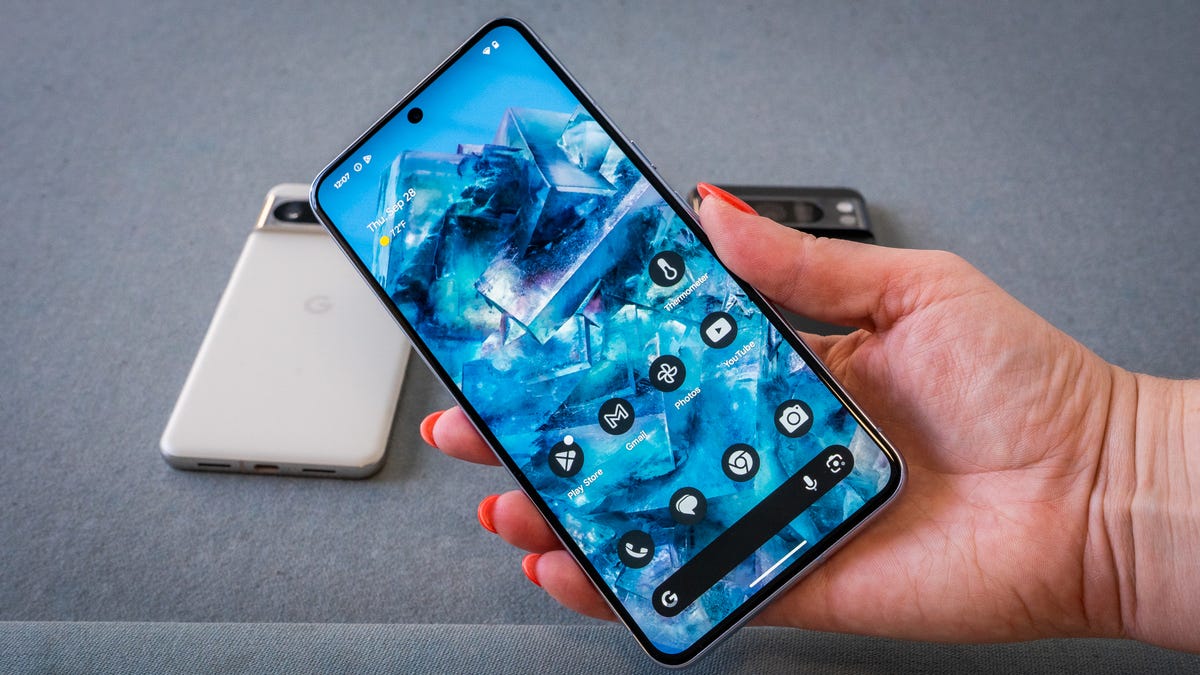Not to editorialize, but I think this is kind of a crazy article. Sharing for the laughs and the discussuon.
Opening a walled community is always good for the end users. Promoting competition is always good for the end users.
I disagree, I preferred when all the shows and movies were on netflix, and I like that all of my games are on Steam. Opening the market creates exclusives, which are bad imho
Mate. Trusting a company not to shaft you when you have no alternatives is never a good idea. It is actually really bad.
Companies do not act towards the benefit of the customer. It is always towards a better bottom line, and those decisions many times do not have your best interest at heart. If you have no choices, the companies have no incentive to make your experience any better. (see Internet Explorer). Competition is always a good thing. It forces companies to be better. The key word there is forces because they will not do it on their own.
Sadly, often when you appear to have choices, you still don’t have a choice. The type of competition that practically benefits users rarely exists and profit-maximizing businesses actively work to reduce or eliminate it. In the long run competition in a market disappears via consolidation - the act of the winners acquiring the losers. And so you end up dealing with one or several companies, whether you trust them or not.
With that said, the author of the article is obviously out of their mind or an active Google shill.
It’s unfortunately not happy days and rainbows in “competition land” either though. It usually just leads to a race to the bottom in the pursuit of infinite profit growth, forcing them to lower quality in a never ending downwards spiral, leaving the customer with shit on all sides.
Pretty sure early Netflix was competing with outright piracy, so they had to keep their prices down and their service convenient. Actually that is probably the best state for a digital market to be in, where there is a vibrant piracy community keeping companies honest with both their prices and services.
Because fuck the law when all it does is fuck me.Not true. It can also end in a cartel.
At least those are illegal (although perhaps not enforced well enough)
You preferred a time that never existed eh? Me too.
You disappoint Paul McGann. Netflix never had all the shows or movies. There was a time when they were the only game in town. But even that is being viewed through heavily nostalgia by you. And not in any way. Objectively.
There’s no reason we could not have a standard interface and way of content delivery with multiple stores as a back end. The problem isn’t the stores and the stores are not ultimately used to blame for exclusives. That is all on the rights holders. It is well within the right holders. Ability to reject exclusivity.
As opposed to everything being exclusive to one platform, like you seem to prefer???
Well I mean, you’d only have to get that one account then. Not 20 different ones. Easy peasy. However, that platform must then be extraordinary benevolent and pretty much non-profit for that to end well.
And how often has that been the case so far?
Yes, that’s the point.
I understand his point though. It should be Netflix with every show vs Hulu with every show vs Max with every show. So the competition is on distribution quality and price, not content.
In the 1930’s studios owned the movie theaters so you could only watch a 20th Century Fox movie at a 20th Century theatre. Vertical integration of content with distribution was made illegal. But of course tech companies ignored the law based on the premise that doing an illegal action with a computer isn’t illegal because the law against vertical monopolies didn’t technically say “streaming service” in 1940.
Several years ago, the law was repealed and Disney+ launched a few months later. This started the rush of vertical monopolies of content with distribution that we live with today.
The issue is the platforms aren’t competing, because shows can exclusively be on one platform only and you need to be subscribed to watch it, so you end up with the current landscape of services that instead of competing with each other make it so you need all of them to get a full experience. Alternative playstores might face similar issues, but you don’t need to pay to download multiple stores and apps don’t have exclusivity deals to one app store
“don’t put all your eggs in one basket” is old wisdom from well before computers even existed
This just feels like fear mongering. Oh no Google says it can’t protect us anymore. Whatever shall we do?
What was Google protecting us from?
Adblockers apparently
Certainly not from malware. The play store is the central repository of Android malware.
Privacy and choice.
In theory malicious android apps. In practice they create locked ecosystems that are hard for anyone to break in. No one wants another apple model.
No one wants another apple model.
Indeed… If I wanted a locked down toy I would have bought an iThing.
From what they’re going to do to you if they’re not protecting you.
“If anything, the toggle made me feel like I was engaging in something truly indulgent, and that appealed to my desire to pretend I’m Angelina Jolie’s character in Hackers”
…opening the settings makes them feel like a hacker?
At this point I think people have been babied about technology long enough. It’s time people learned just a little bit about how to handle technology so that it doesn’t look like voodoo black magic anytime you do something more basic than opening YouTube and getting cat videos.
Whoa, hold on now, this take could introduce a new wave of tech scammers that actually sound like they know what they are talking about…
/s
You don’t even need to open the settings and find the option, as it just present you the toggle when you open the apk…
make her feel like a hacker
Just in: Google whines about regulations made to break up its monopoly.
Regulations set in place because they are unable to regulate themselves.
News at 11
It seems to read an article from an alternate universe. Neo store and droidify can already automatically update third party apps from years ago, just give the permission once per app.
Don’t like the automatic update? Disable it in the setting pretending to be Angelina Jolie’s character in Hackers. The third party app store didn’t allow to disable automatic updates? Just uninstall it and get a new one.
For example, when neo store forced the user to give the permission to stay always loaded in memory to check for updates all the time, first I checked GitHub to see if it was a bug. When I saw it was a deliberate choice from the dev and that they were unwilling to reverse it, I just uninstalled and move on. There’s choice.
Freemium games would never redirect the user to their website for saving some fees because:
-
Friction. As a play store IAP a whale can buy $50 in useless game coins with just a scan of the fingerprint. Otherise open the browser, create an account, type billing address, type cc numbers, get the otp… insane bounce rate that’s higher than the fees
-
Chargebacks. Nobody does chargebacks against Google because they would nuke your Google account for fraud and that is a disaster. But a chargeback on an idle clicker where you’re already bored that bears no conseguences? Oh yes!
-
Google Play Store isn’t the only app store out there.
Lineage OS user. Don’t care.
It is insane to put this on Android and not iOS.
This is the best summary I could come up with:
Today, Google laid out what’s happening in its Keyword blog, and it’s all in time for the holiday when we can finally slow down and contemplate how much will change about the Android experience due to this ruling.
Noted code sleuth Mishaal Rahman published an easy-to-follow breakdown of how exactly Android’s interface will handle sideloading apps.
You’ll no longer have to dig into the settings panel to toggle on the ability to install apps from other sources, though I also didn’t think it was a big deal to do this in the first place.
If anything, the toggle made me feel like I was engaging in something truly indulgent, and that appealed to my desire to pretend I’m Angelina Jolie’s character in Hackers.
Developers don’t have to hide pricing, either, so they can take up space to tell you how much money you’ll save if you buy in-app coins through their means versus through Google’s.
Though the Play Store has been opened to allow developers to make money in more ways than one, it comes at the expense of what Google presented as pro-consumer practices to keep bad actors from pushing Android users away to Apple’s iOS.
The original article contains 662 words, the summary contains 197 words. Saved 70%. I’m a bot and I’m open source!
I don’t understand this ruling. They all seem like minor things. And this has been true for years:
The ability for manufacturers to provide an alternative app store alongside the Play Store on new devices
Samsung has always had a separate app store install on their phones. And Xiaomi has one I’m pretty sure. Amazon definitely does.
How is it not a good thing for developers to be able to charge customers outside of the app store? I get that it may be better for security for Google to be taking care of it, but it seems financially better for developers not to have 30% of their income taken.
IDK, if someone can explain why this stuff is actually new or bad, I’d love to hear it.
Gizmodo has a stupid take? What a surprise. Death to all Gawker brands.












